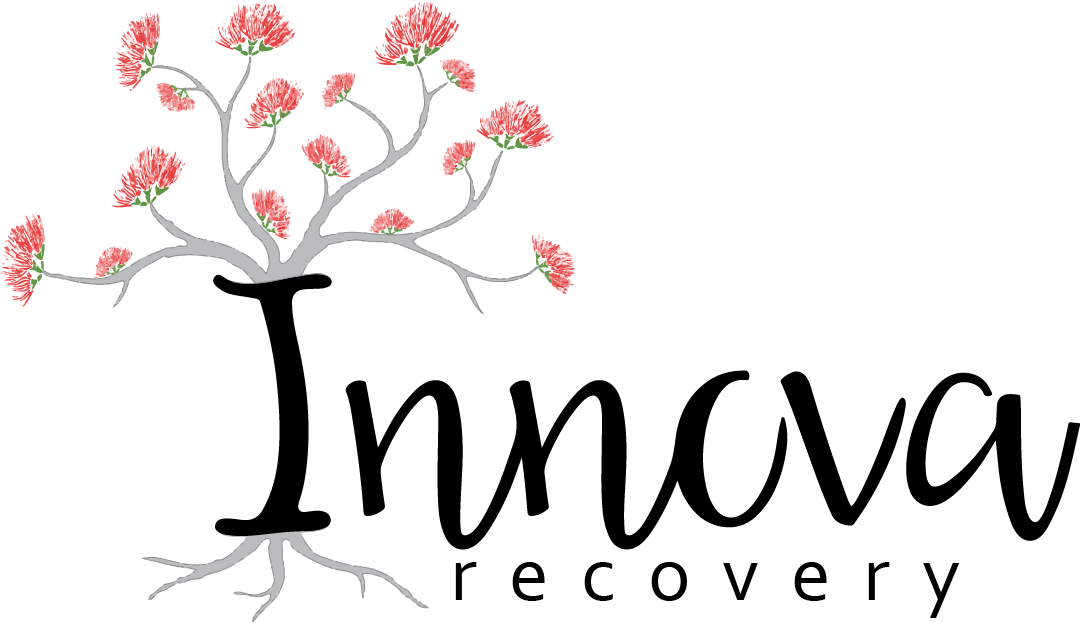If you have a loved one in therapy, you might be wondering what you can do to help. Here are a few tips for supporting a friend or family who is in therapy.
1. You can say things such as:
-Please let me know if you need to talk or if you need space.
-Therapy is such a brave decision.
- I am happy that you are choosing to get help.
Or ask:
-What are your triggers?
-How will I know if you are struggling?
-What are some skills I can remind you of when you are struggling?
-What can I do to support you?
2. Validate their emotions and experience. Sometimes all we want is to be heard. If your loved one is in therapy, let the therapist do therapy. Simple validation such as “wow you must be going through a lot”, “I see how much this is affecting you”, or “that must be such a hard situation to be going through” can help reduce shame and stress. It can also build a space for your loved one to feel safe.
3. Respect Boundaries. More likely than not, your friend or family member is working on setting their own boundaries in therapy. This might change the dynamic of the relationship they have with you, which can be a challenging road to navigate for both parties. Know that itʼs okay to feel the discomfort as youʼre both working on finding a rhythm that works. Give it time, and voice your concerns in a loving caring way.
4. If appropriate, ask to attend a session with them. Especially if you are a partner or family member, or a source of main support, attending a therapy session can help you better understand the nature of what is going on. There might be some things the therapist can explain that your loved one cannot put into words, and this gives you a space to share your own concerns as well, again, with the support of a therapist.
5. Give positive reinforcement. If you start to notice small positive changes in your loved one, let them know! Sometimes itʼs challenging for us to see our own progress since we are with ourselves everyday, so a gentle reminder can really lift our spirits. Plus, therapy is hard work! Your loved one will appreciate their hard work showing up in their real lives.
6. Practice healthy communication. The best way to do this is with (a) timing, (b) I statements, and (c) a caring tone. Make sure you and your loved one are in a good headspace for communicating, with timing. You donʼt want to catch someone off guard, or communicate with either of you is overly emotionally activated. Use I statements such as “I feel… (emotion word), when…” And lastly, use a loving and caring tone when communicating, again, to create a safe space of healing.
Some things to avoid saying or asking:
Itʼs not a big deal.
Everyone goes through stuff, not just you.
Youʼre being ridiculous.
Therapy is for crazy people.
People have it way worse than you.
Therapy is a waste of money; those people donʼt really care.
Why arenʼt you better yet?
What will people say if they find out you have to go to therapy?
Just donʼt think about it anymore.
Overall, going to therapy is a decision of empowerment and self care. Depending on the nature of the clinical concern will determine the nature of the treatment that needs to be done. Be patient and practice healthy communication. Your loved one will appreciate your kindness and support during a challenging time.
by Alyssa L. Booth, MA, LPC
Licensed Professional Counselor
Supporting friends and family in therapy
If you have a loved one in therapy, you might be wondering what you can do to help...
Written by:
Published on:

Share Article:
Take a deep breath, you’re home...
Seeing our patients overcome trauma and live a full life is the reason
we are here. Therapy shouldn’t make you feel like you’re a patient in a hospital, but should
feel as if you are being welcomed by a good friend.
We offer in-person & virtual
treatment for teens & adults.
Weekly Newsletter
No Spam. Just tips & tricks to help you navigate trauma.








